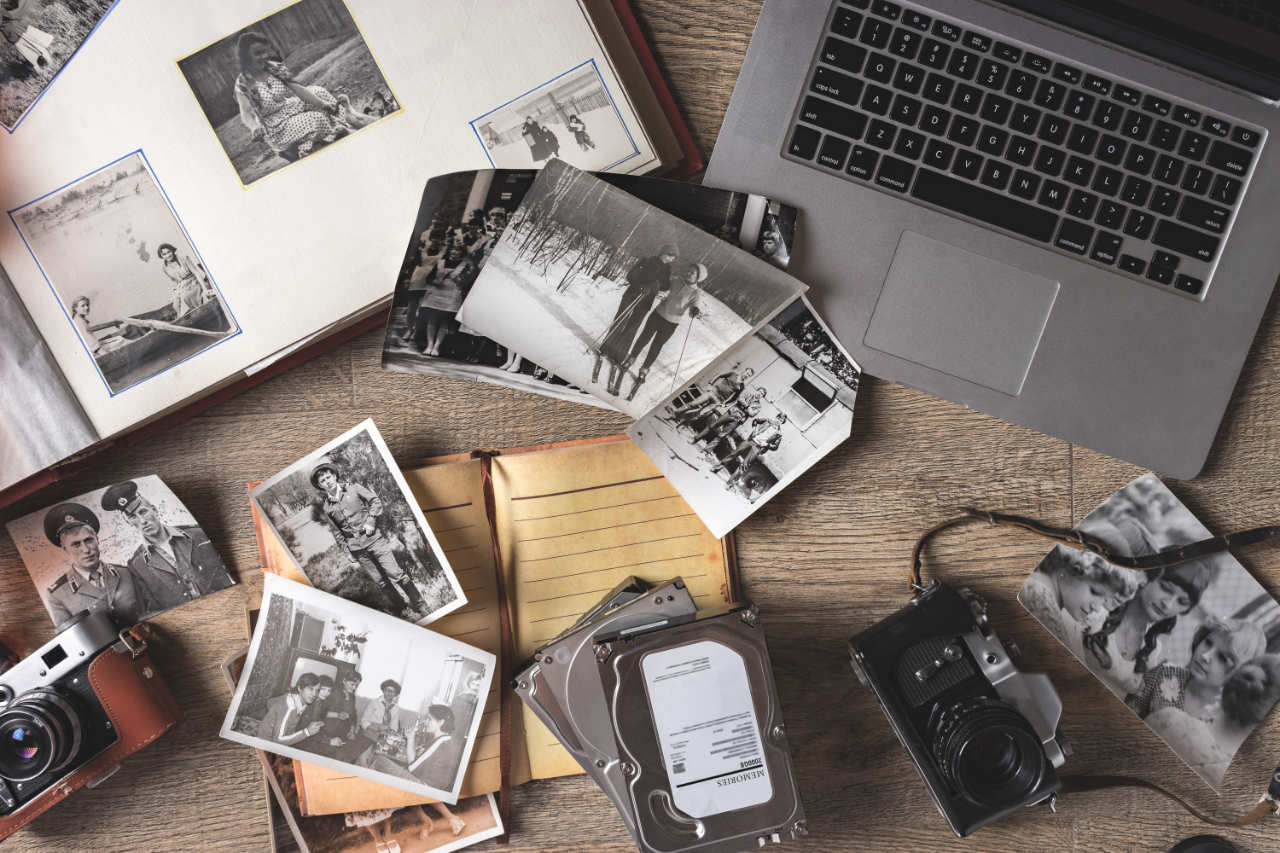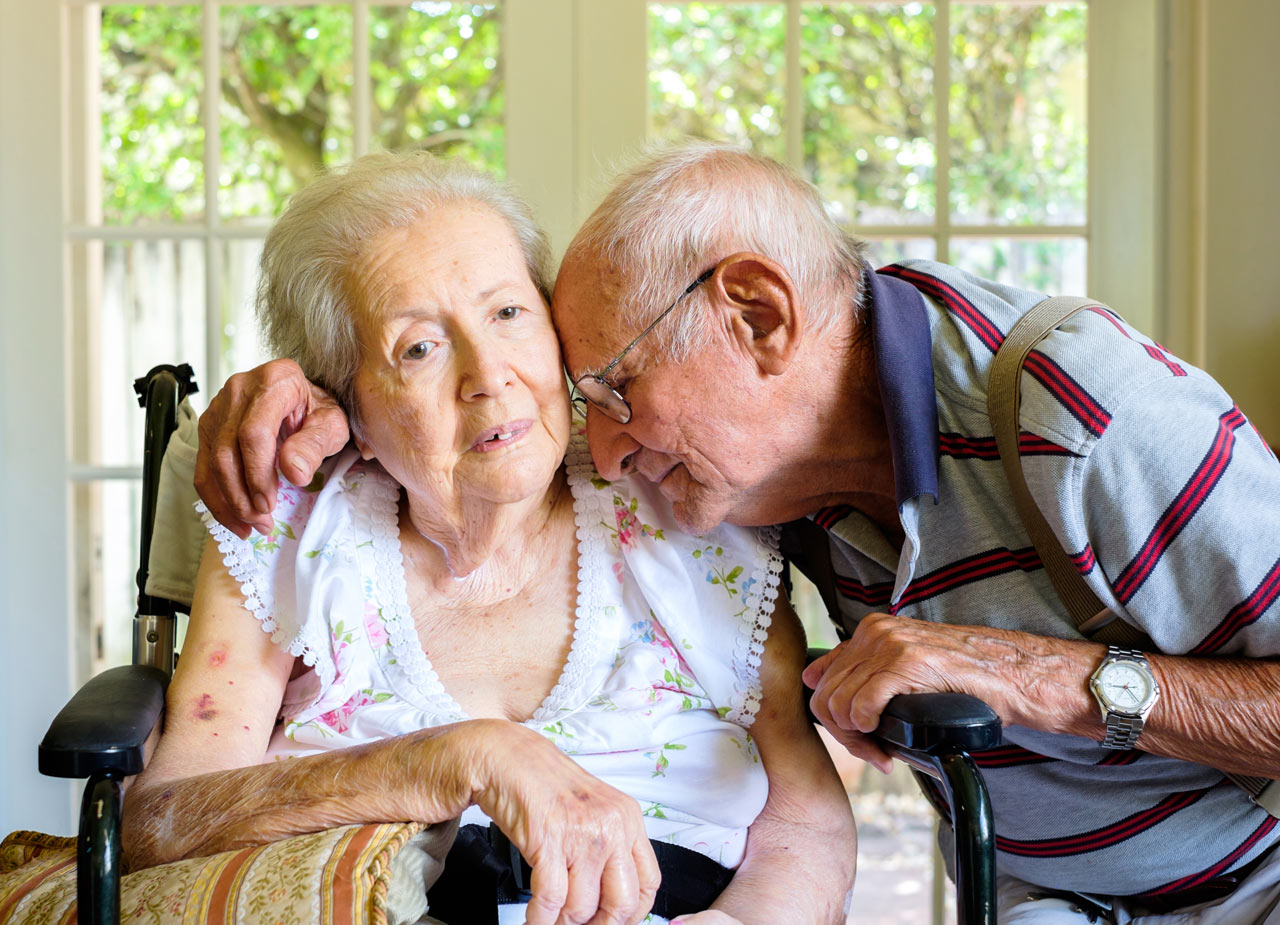CDPAP: Expectations vs. Reality (Why the reality is even better)
Your family has decided that family care by a trusted person is the way to go. They have heard about the CDPAP program from some friends and are very interested. Instead of letting strangers from the agency into your mother’s apartment, you will help her choose her caregivers. Your siblings and you don’t need the worry about security. There is enough to take care of. You want her to feel comfortable and secure.
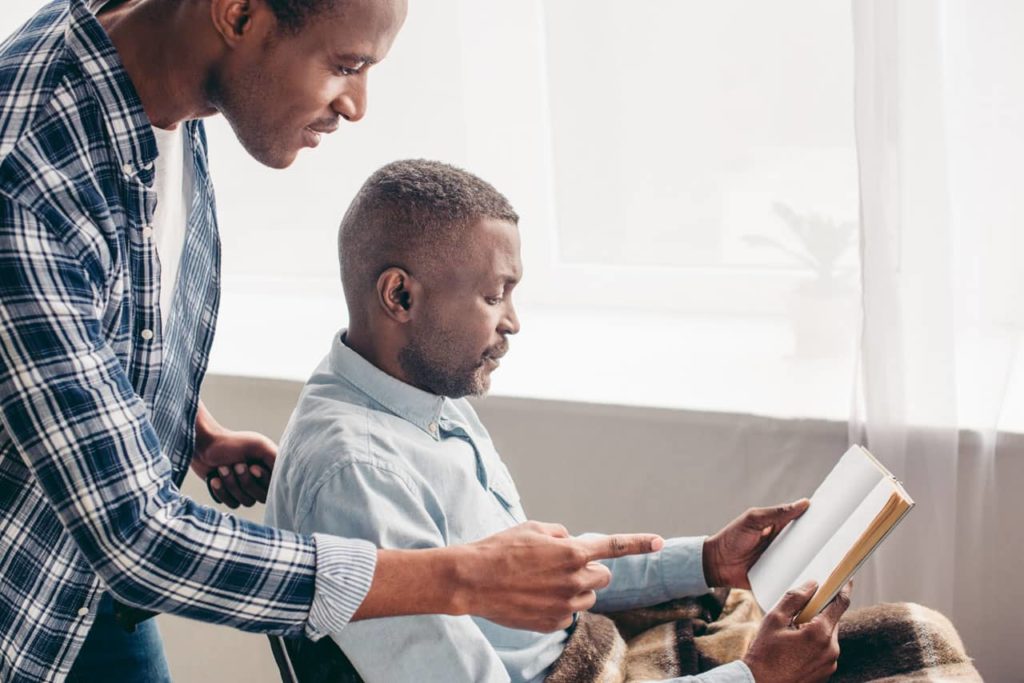
It’s the best solution, you are thinking. Someone who needs the income and is available will be perfect. It’s a win win for mom and for your great-niece who has a toddler and is not working. She will bathe Great-aunt Cecily, supervise her medication, get her dressed, and take her to her appointments. There will be warmth from her end and accountability to mom and the family. She will be responsible and caring.
Here are some aspects we can help smooth this whole process for all of you. Caring Professionals has been running the CDPAP Program for years and has facilitated the care of thousands of seniors and people with disabilities by people they know and hire themselves. We can share some observations and insights from our vast experience to improve the experience for all parties. We have found that when everyone knows the conditions and pitfalls, things work out very well.
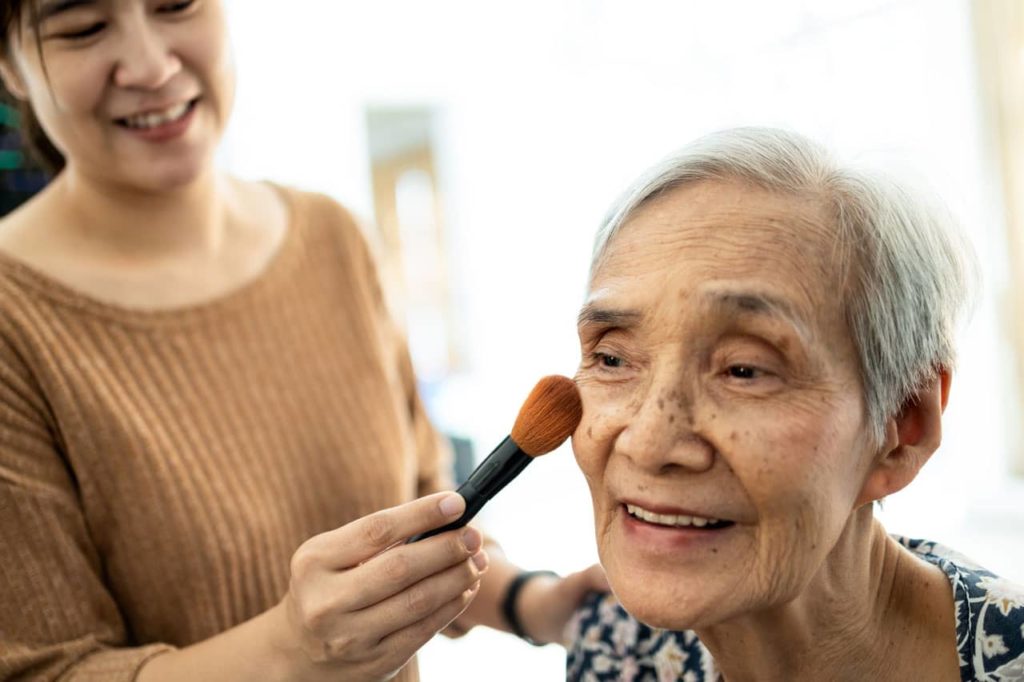
Do not mistake this program for a dummy program to get a salary for someone you know. This is a caretaking job for a frail senior. It’s not a free housekeeper paid for by Medicaid. It is not a babysitter for grandma. It is a means for a nonprofessional to provide care-giving services, which are enhanced by the relationship between the consumer (your mother) and the caregiver (your great niece).
The specific tasks are detailed in a care plan (POC) decided by your mother’s insurance plan. In other words, this is a customized job description designed to keep your mother healthy, able, and supported with tasks she needs help with. The cherry on the cake is the love, attention, and warmth the caregiver chosen by mom and you will lavish on her.
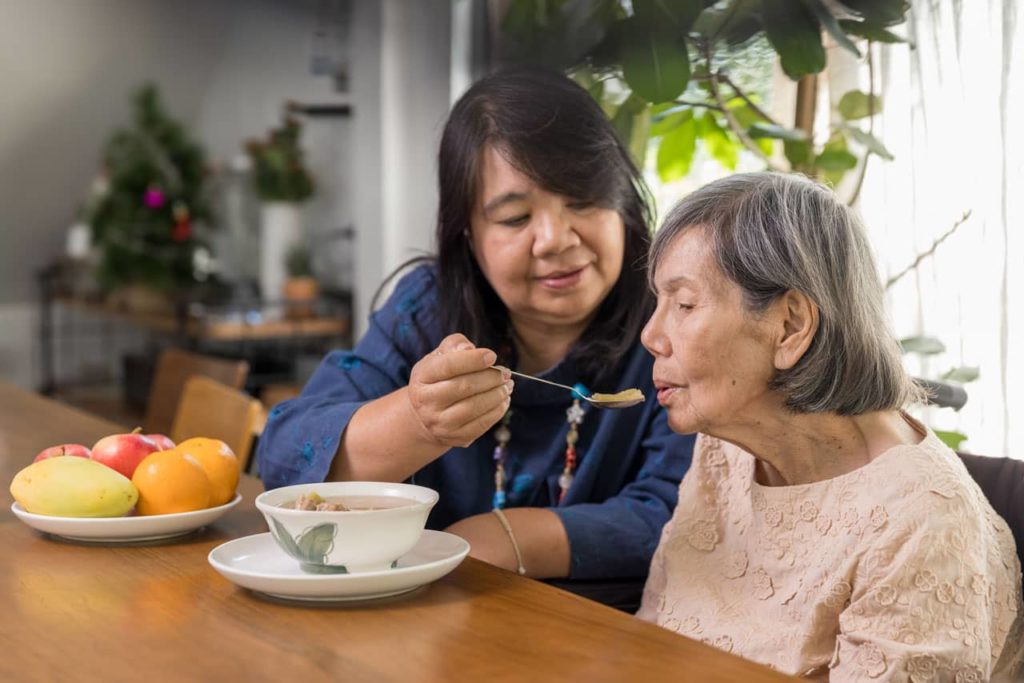
This is the beauty of CDPAP. Your mother and her personal assistant (caregiver under the CDPAP program) enjoy a relationship that provides many benefits that personal connection offer. She will look out for changes, moods, and anticipate needs. She will be the eyes and ears of the family. She will seek to engage her in activities and outings, not merely entertain her with the TV. She will take her on trips down memory lane and reminisce with her. She will get her to participate in activities that she used to enjoy. She will be creative in motivating mom because she cares. She will be attentive to details because she truly cares.
However, it is a job. CDPAP must be taken seriously. That means compliance with the state-mandated rules. Timesheets must be completed. The schedule can be altered, it is mom’s choice. There is a lot of room for flexibility within the rules.
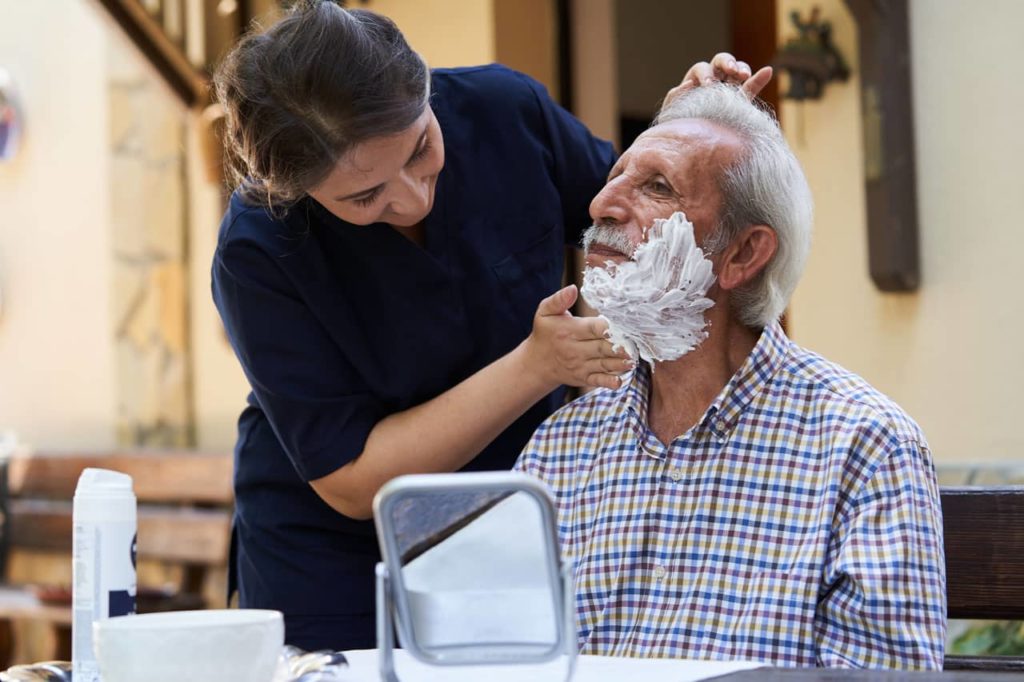
Compliance is part of any job and the CDPAP Program is no different. The state is paying the salary, but your mother’s needs must be taken care of according to the CDPAP care plan. That is the priority. That’s why backup Personal Assistants must be in place. That’s why vaccinations and health screenings are part of the system. The state gives the senior a lot of leeway in terms of who, but not a lot of leeway in terms of compliance. That’s why there are attendance checks and other procedural requirements beyond the initial enrollment process.
Our years of experience doing the payroll and administrative tasks for the CDPAP program have taught us several things. Communication between the PA and the consumer/family is pivotal. The conversation must be ongoing in order for it to work well for mom and her caregiver. Although mom is the boss in the consumer directed program, she may be reluctant to act as an employer. She may not insist on certain things and let them go. With a little work on both sides you can enjoy the fantastic life changing care that CDPAP has to offer.
As a daughter, you should stay in touch and stay in touch often. Your mother will benefit. The PA will also appreciate the support and know that there is supervision and that there are eyes on her.
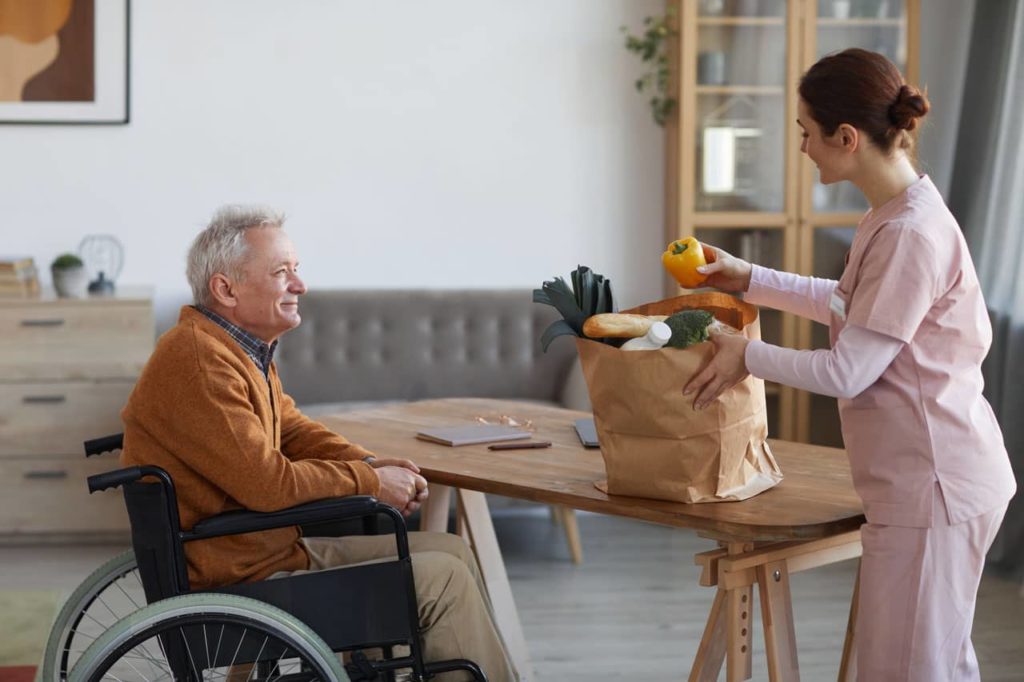
There are resources available for the Personal Assistant, not just help with payroll needs. She needs support, too, in terms of caregiving questions. Caring Professionals staff can help her with suggestions and ideas to make her job easier. Communication with the coordinator will do that.
CDPAP can make your senior’s years golden with loving care in a safe environment. You and your family can have peace of mind with outstanding care. So long as you and your family understand that this paid caregiving is responsible work without shortcuts and shortchanging. Use it properly and your senior will thrive. That is the real beauty of CDPAP.
If you would like to apply for the CDPAP program, click here.
Article you might be interested in:
- CDPAP FAQ
- The Realities of CDPAP
- Boredom Busters for Seniors and their Caregivers
- Is it time for a Geriatrician or a Gerontologist?


